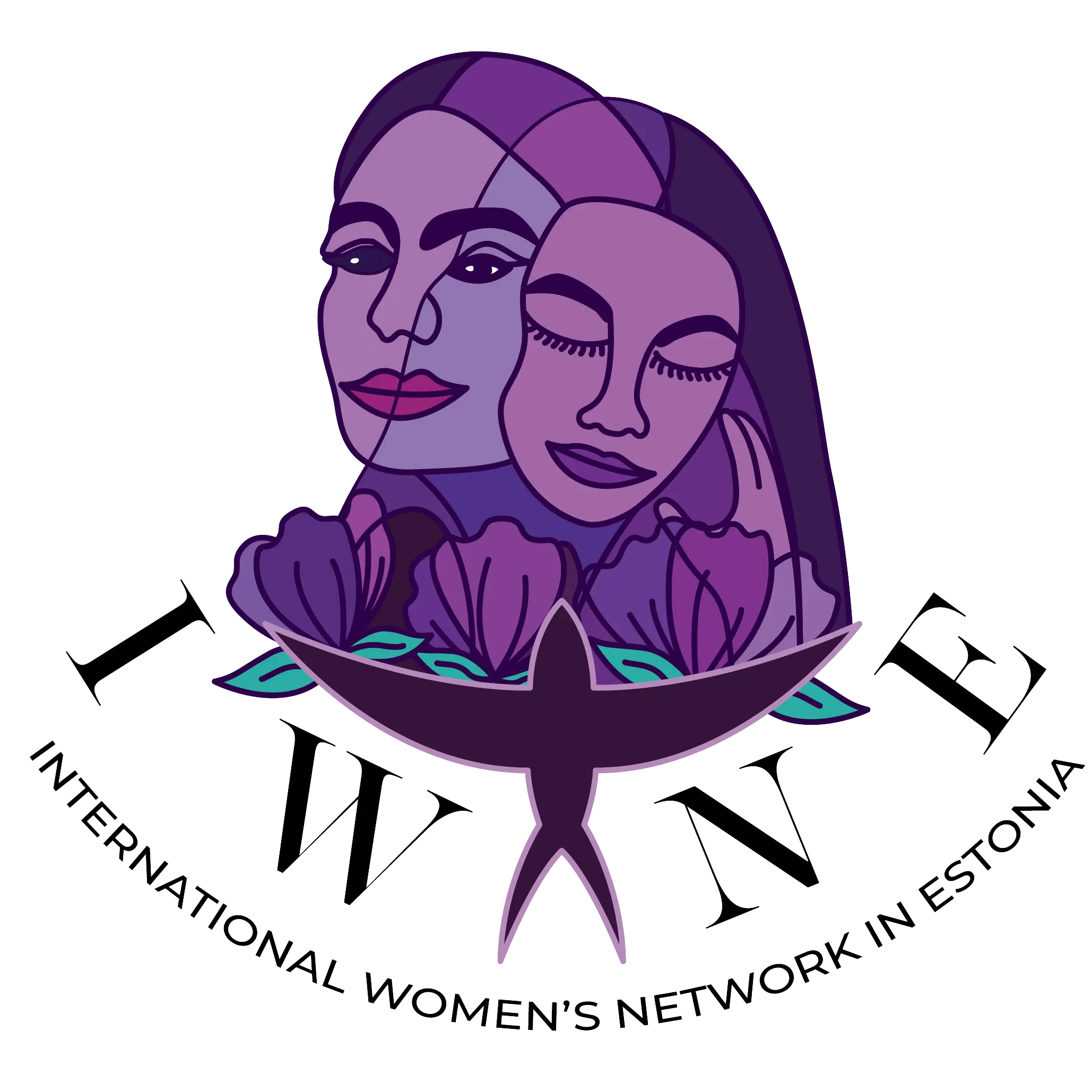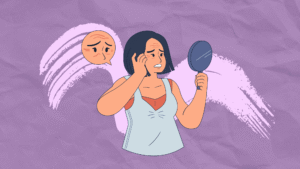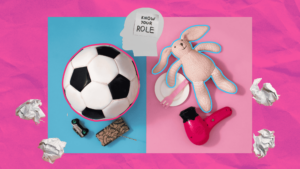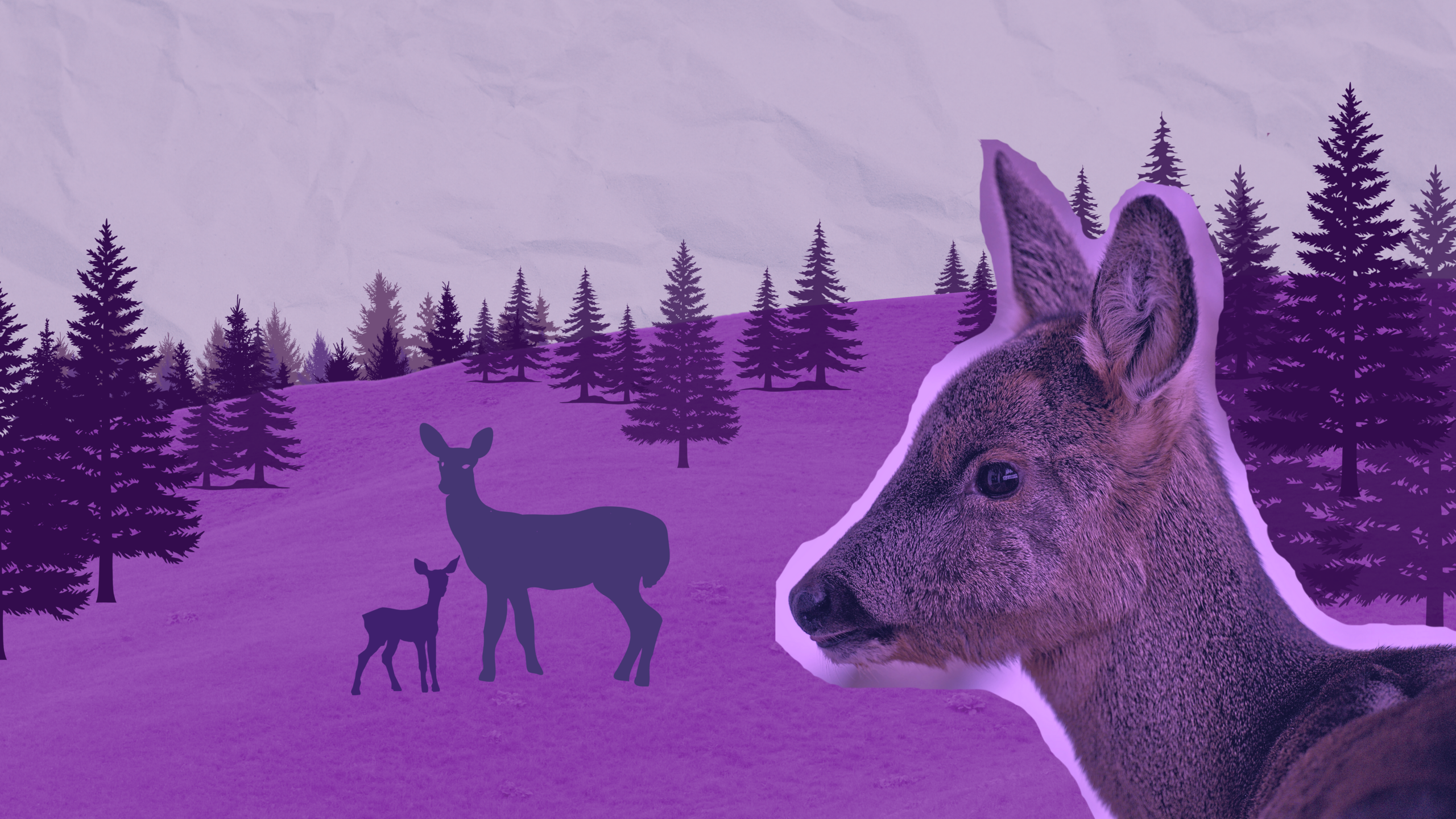Let’s talk about why ageing makes us nervous.
Firstly, what even counts as “old” these days? I’m the eldest child in my family, and I remember the creeping anxiety that came with being the first to turn 30. It feels like a scarily big number – the age that makes everything feel official. I’m meant to have everything (career, relationships, and beauty) figured out. If I haven’t, it must mean I’ve failed. That fear doesn’t come from nowhere. It’s baked into the media we consume, the social norms we’ve internalised, and even the influencers we follow (many of whom are just as young and anxious). The result is a cultural obsession with youthfulness that makes the natural process of ageing feel threatening instead of inevitable.
One person who’s helped me put words to this is YouTube creator Shanspeare. In her video ‘Inside the Reverse Aging Community’ (2023), she points out how social media has essentially made anti-ageing a teen hobby. We’re being sold collagen powders, retinol serums, and “slow-ageing” wellness routines before we’re even old enough to legally drink. As she puts it, “The expectation is not just to age well, but to reverse it entirely”, which is a poignant reminder of how absurd and yet normalised this pressure has become.
This isn’t just anecdotal. In Teen Vogue, Yen (2024) explores how the skincare industry treats ageing as a moral failing. If you’re not using the latest anti-ageing products, you’re “letting yourself go.” It’s not just marketing, it’s a mindset. One that burdens young women with the idea that their appearance is a ticking clock and youth is something they must fight to preserve.
What’s worse is how many of these milestones – career, love, motherhood, looks – are framed by patriarchal expectations: be beautiful, be productive, but don’t get too old. Because when you do, the compliments stop. The opportunities shrink. And the visibility? Practically gone.
There’s academic research to back this up
A study by Barrett and Robbins (2008) found that women’s anxiety around ageing is closely linked to fears about losing attractiveness, social value, and health. That tracks. How many times have we heard phrases like “she let herself go” or “she’s ageing like a fine wine,” as if how you age is a moral judgement? It’s exhausting to constantly perform youthfulness just to be seen as valid.
Then there’s the issue of visibility. The older women get, the less we see them in media in roles that aren’t either mothers, witches, or punchlines. It tells us, subtly and not-so-subtly, that a woman’s value declines with age. That message is easy to internalise, especially when you’re still trying to figure out who you are. And if you’re a woman of colour, that erasure tends to come even earlier and harder. Calasanti (2005) discusses how older women are rarely portrayed living vibrant, multi dimensional lives on screen, unless they’re treated as an exception to the rule.
It doesn’t help that social media functions like a curated feed of what’s “acceptable.” According to Clarke and Korotchenko (2011), social norms around femininity and beauty are some of the strongest drivers of women’s ageing anxiety. And a blog post published by McCutcheon et al. (2024) showed that frequent social media use is linked to increased concerns about body image and self-worth as it relates to age. The more you scroll, the more you question what you’re allowed to look like, and how long you’ll be allowed to look that way.
But there’s hope
More women in media are beginning to reject these standards. Brooke Shields, Pamela Anderson, and Alicia Keys have all made powerful statements about embracing natural ageing. Shields talks about self-acceptance and being visible at every
stage of life. Anderson made headlines for appearing without makeup at Paris Fashion Week, calling it a “relief” to stop performing beauty. Keys famously stepped away from full- glam expectations in favour of authenticity. None of these women are saying appearance doesn’t matter; they’re simply redefining what confidence and visibility can look like when
you stop trying to please everyone. This follows for younger stars as well, like Millie Bobby Brown who recently called out the media for “dissecting” her face, body, and choices.
Similarly, cultural commentators like Shanspeare are advocating for a redefinition of ageing altogether. In her video ‘Life Doesn’t End in Your 20s: The Myth of the Teenage Dream’ (2022), she critiques the way society insists women peak before they’ve even started. She encourages us to imagine a fuller version of life, one where growth and transformation don’t end with our twenties.
Earlier, I mentioned my own fears of turning 30. After plenty of anxious introspection, I can say I’ve never felt more like myself. I spent my 20s learning about who I could be. I plan to spend my 30s simply being. I can’t control my genetics, and I can’t single-handedly fix society. But I can choose to focus on what matters to me – my values, my joy, my identity – and take pride in the privilege of ageing.
I’ll leave you with a quote from Shanspeare: “There is no expiration date on womanhood.” That reminder feels small, but it’s powerful. We don’t have to peak in our 20s. We can reinvent ourselves. We can slow down. We can be messy and still be worthy – at 25, 35, 65. Part of growing up is letting go of the expectations that were never made for us in the first
place.
Bibliography
Barrett, A. E., & Robbins, C. (2008). The multiple sources of women’s ageing anxiety and their relationship with psychological distress. Journal of Aging and Health, 20(1), 32–65. https://doi.org/10.1177/0898264307309932
Calasanti, T. (2005). Ageism, gravity, and gender: Experiences of aging bodies. Generations: Journal of the American Society on Aging, 29(3), 8–12.
Clarke, L. H., & Korotchenko, A. (2011). Ageing and the body: A review. Canadian Journal on Aging, 30(3), 495–510. https://doi.org/10.1017/S0714980811000274
McCutcheon, C., Evans, K., & Heiskell, L. (2024). From Instagram to TikTok: Changes in women’s self-esteem in the social media age. Psi Chi, International Honor Society in Psychology. https://www.psichi.org/blogpost/987366/505432/
Shanspeare. (2022, November). Life doesn’t end in your 20s: The myth of the teenage dream [Video]. YouTube. https://www.youtube.com/watch?v=IWR_nE6Zlig
Shanspeare. (2023, July). Inside the reverse aging community [Video]. YouTube. https://www.youtube.com/watch?v=1wIdh91-QZ4
Yen, A. (2024). How our obsession with skincare made aging feel like a moral failure. Teen Vogue. https://www.teenvogue.com/story/how-our-obsession-with-skin-care-made-aging-feel-like-a-moral-failure











